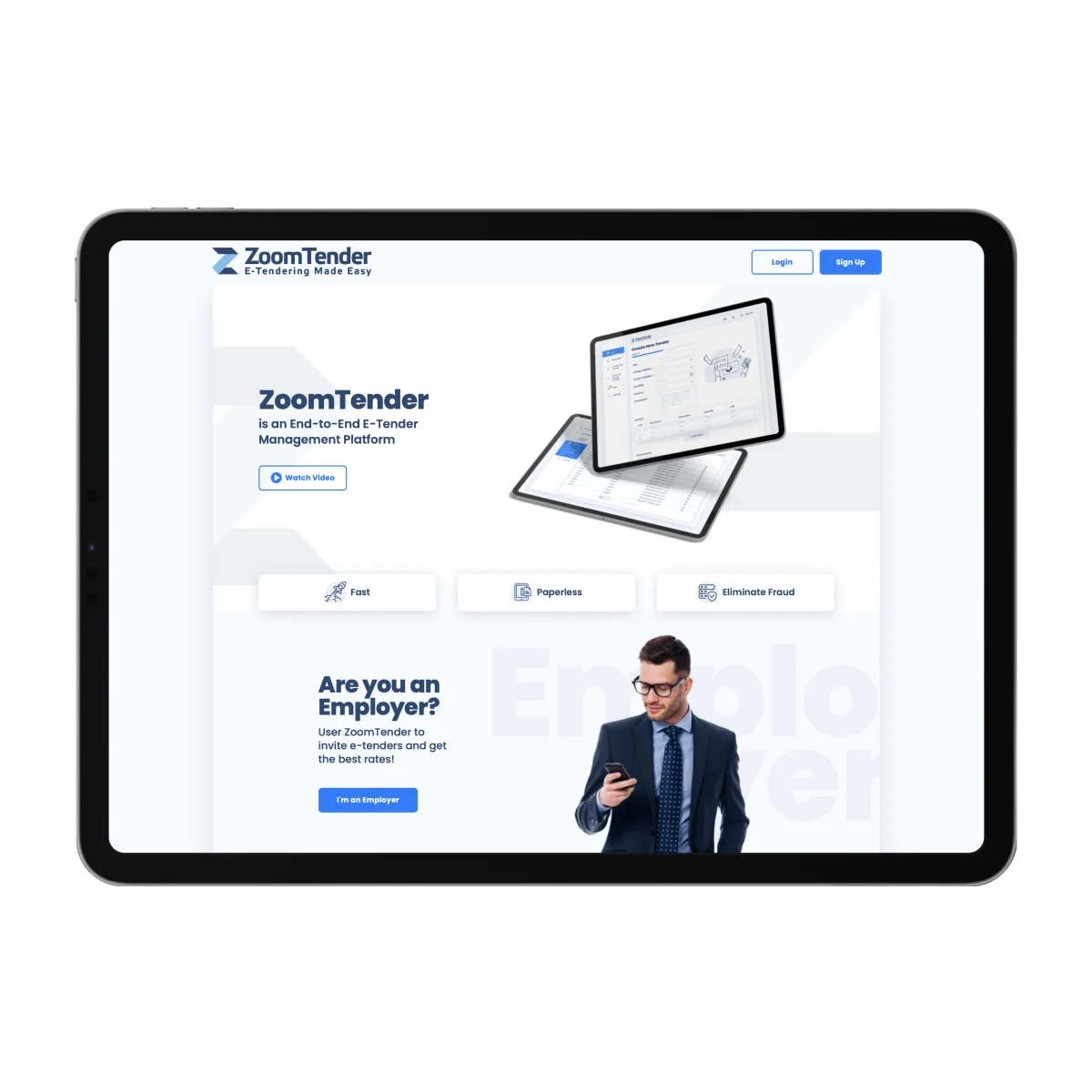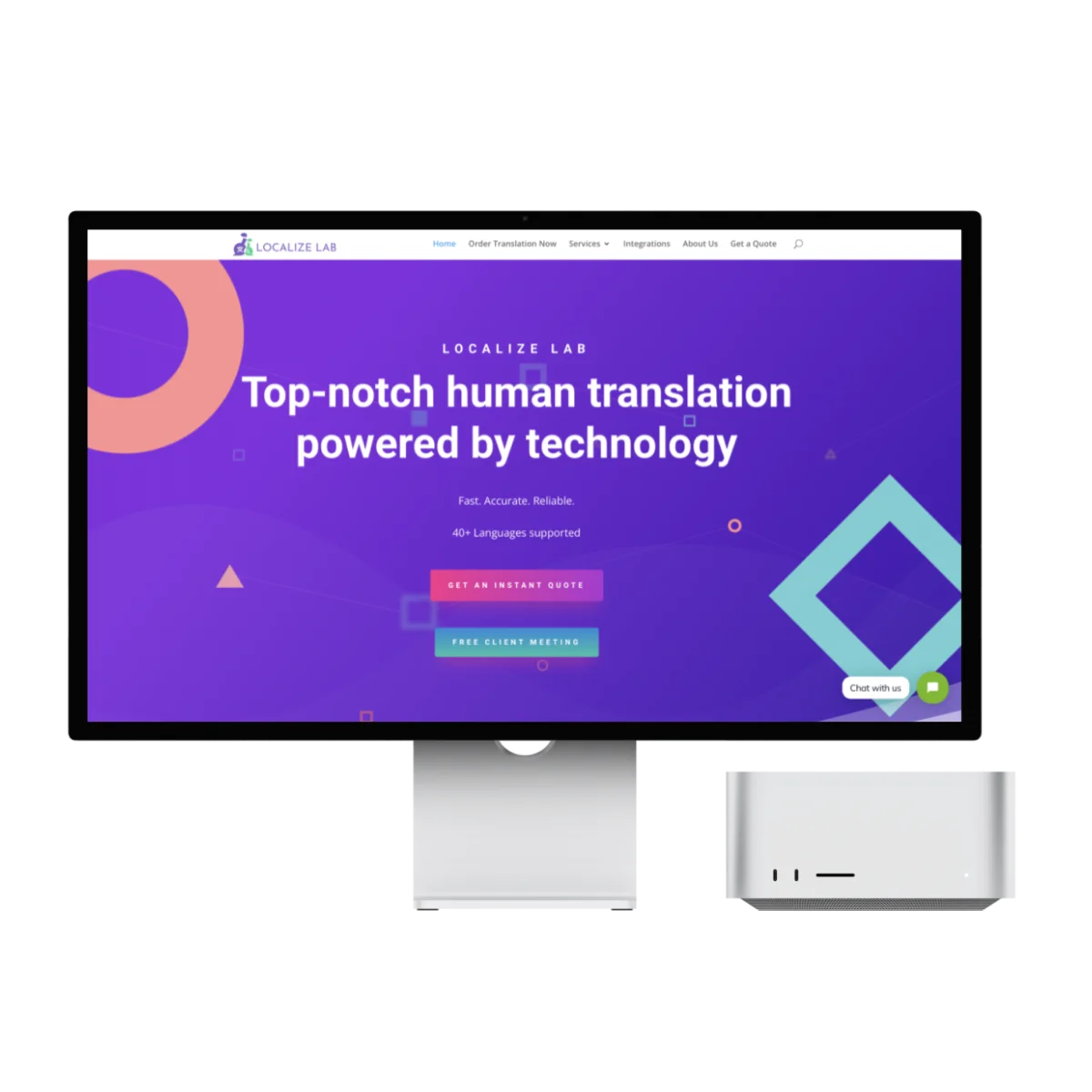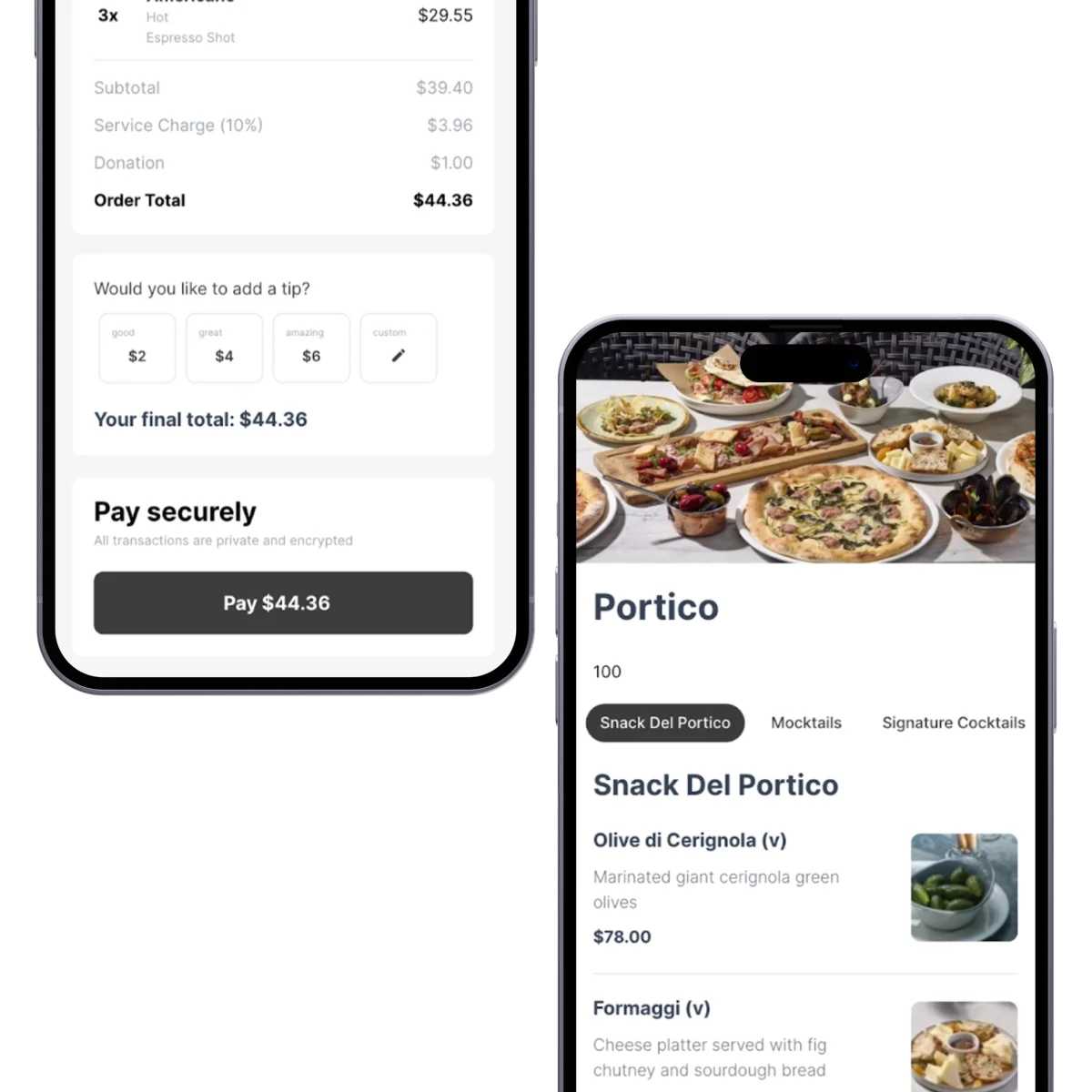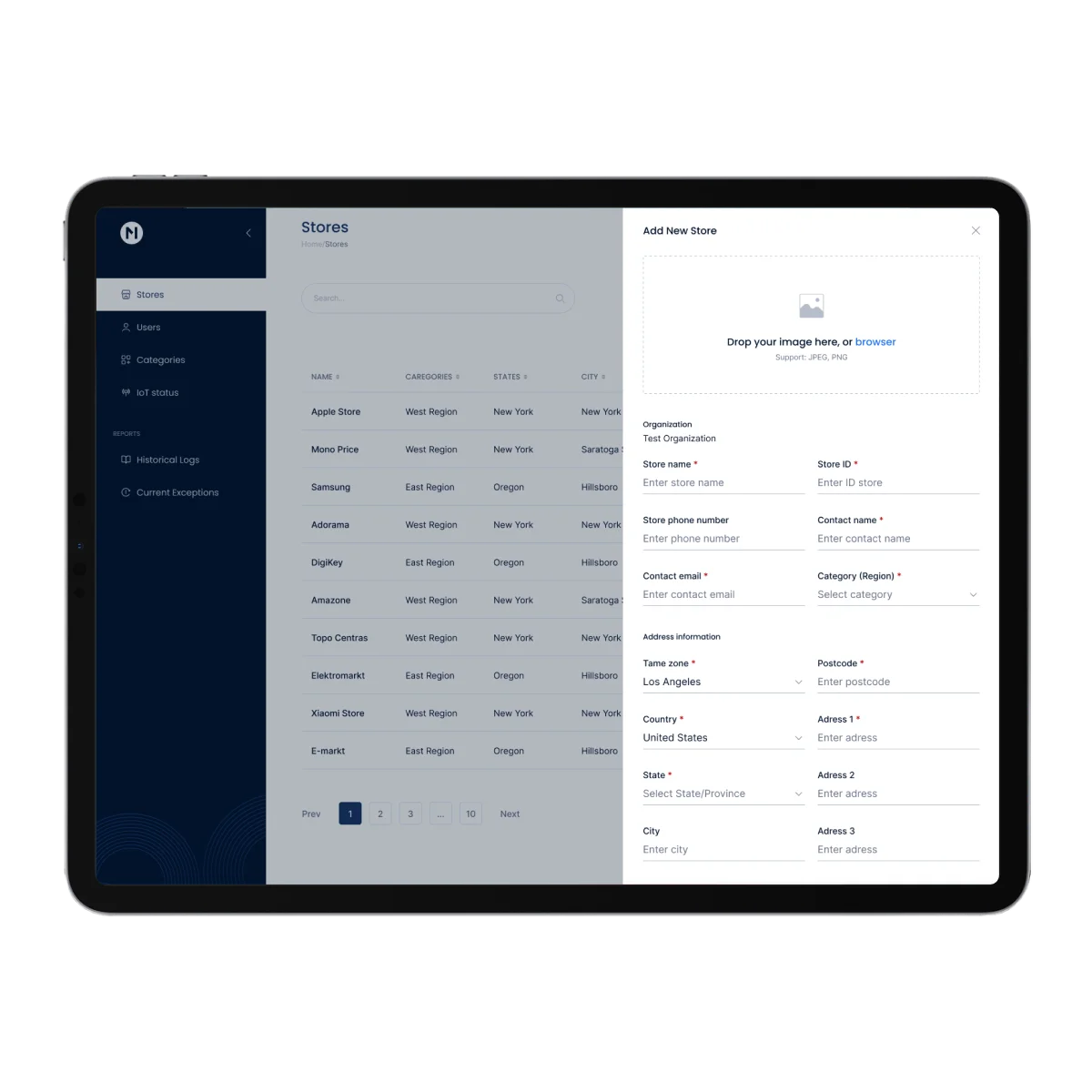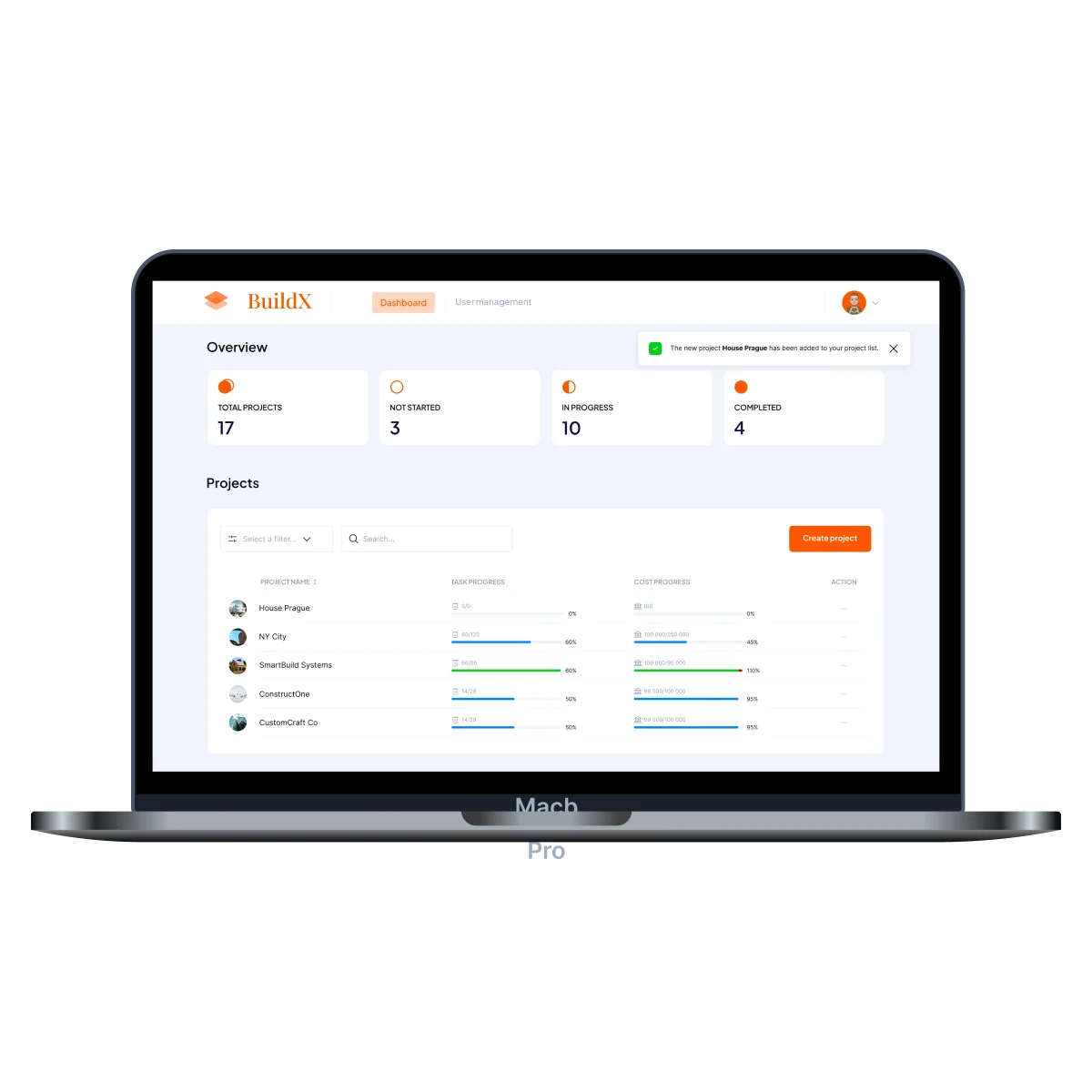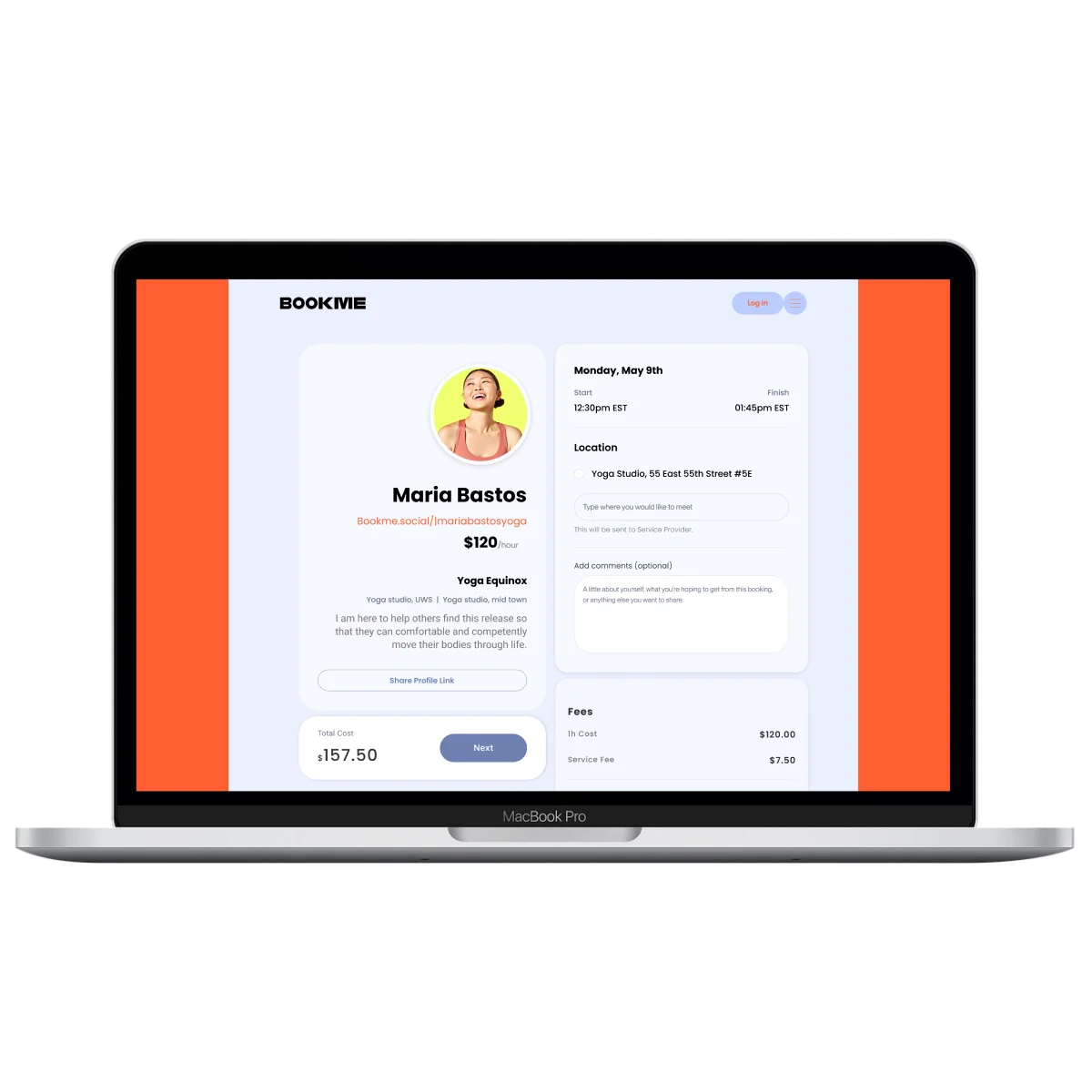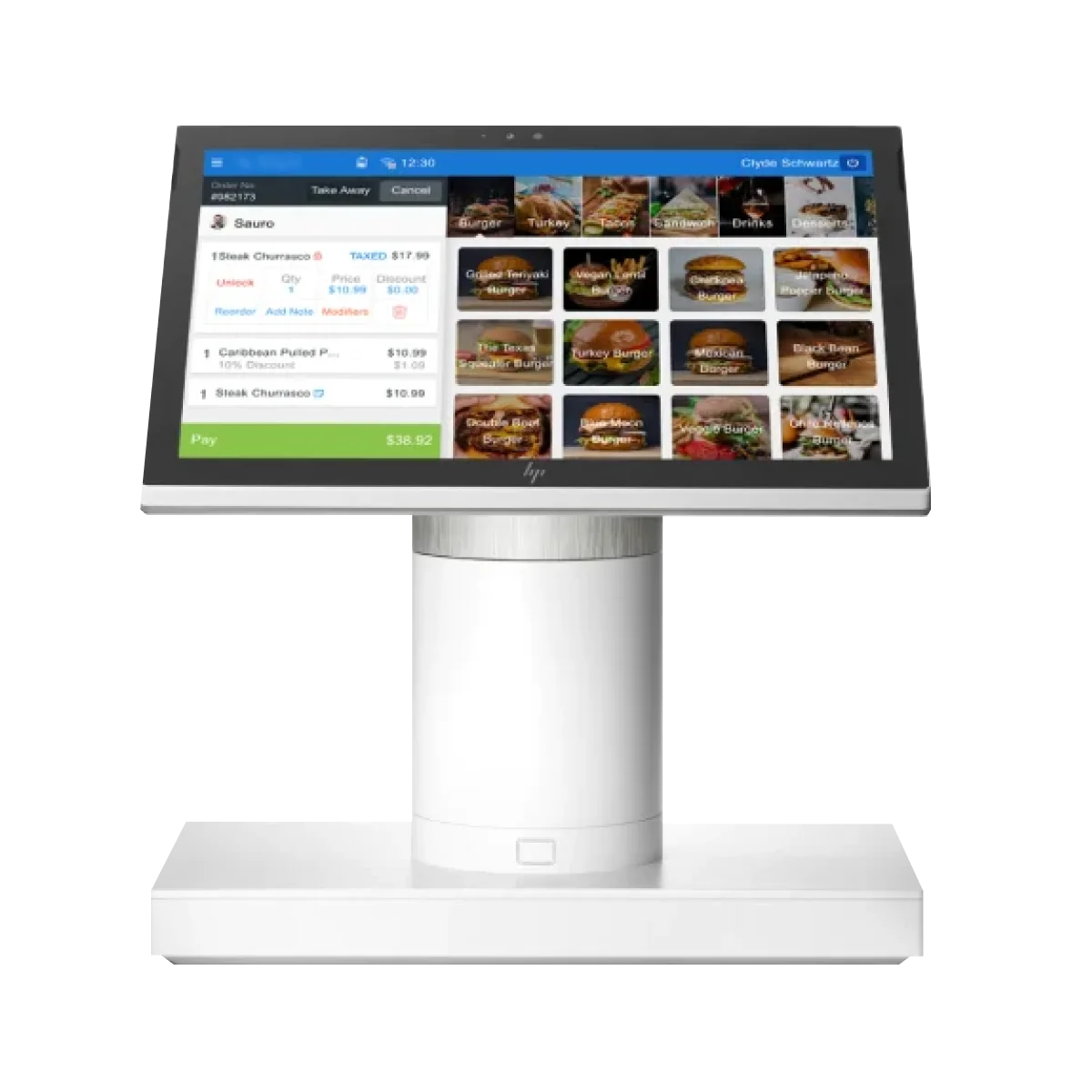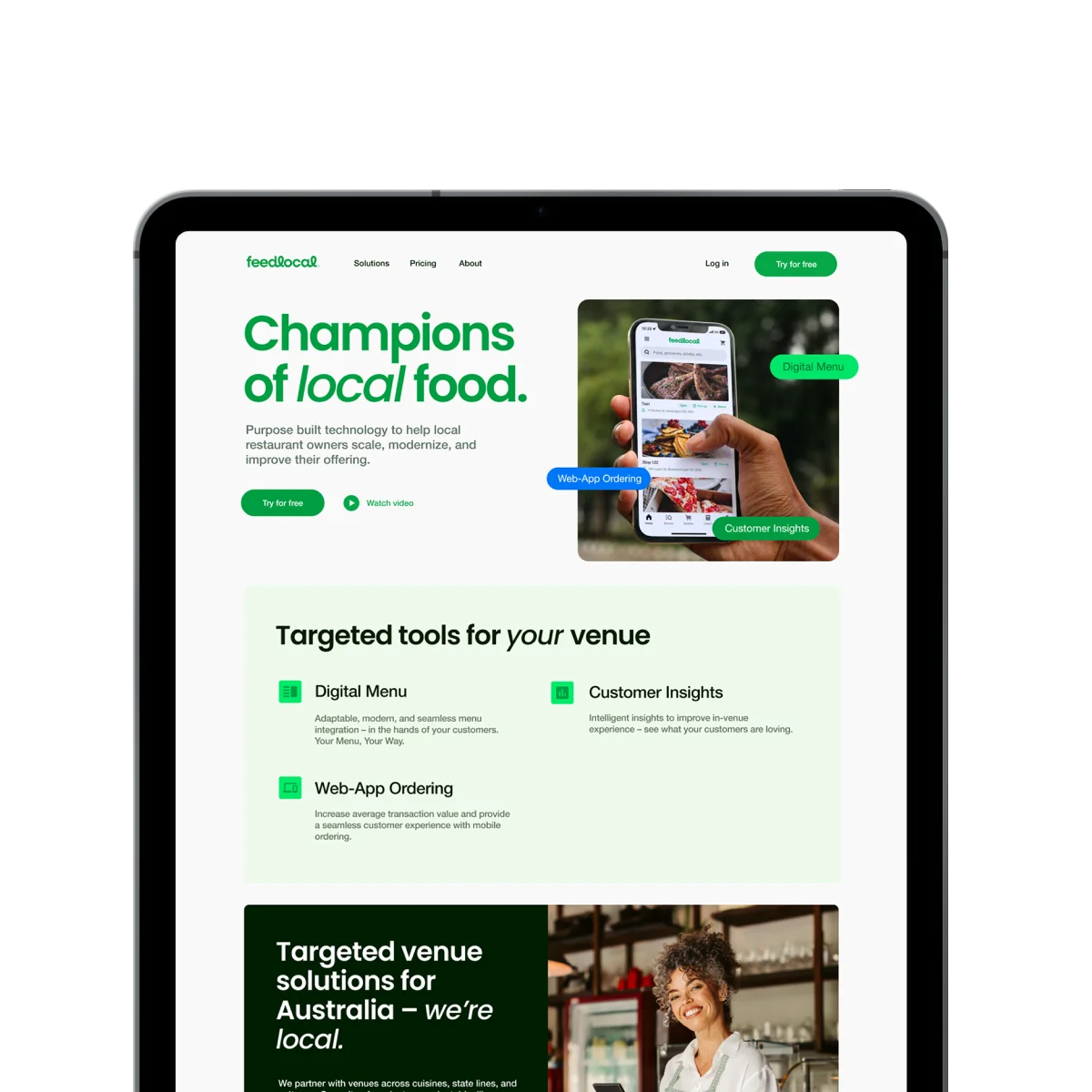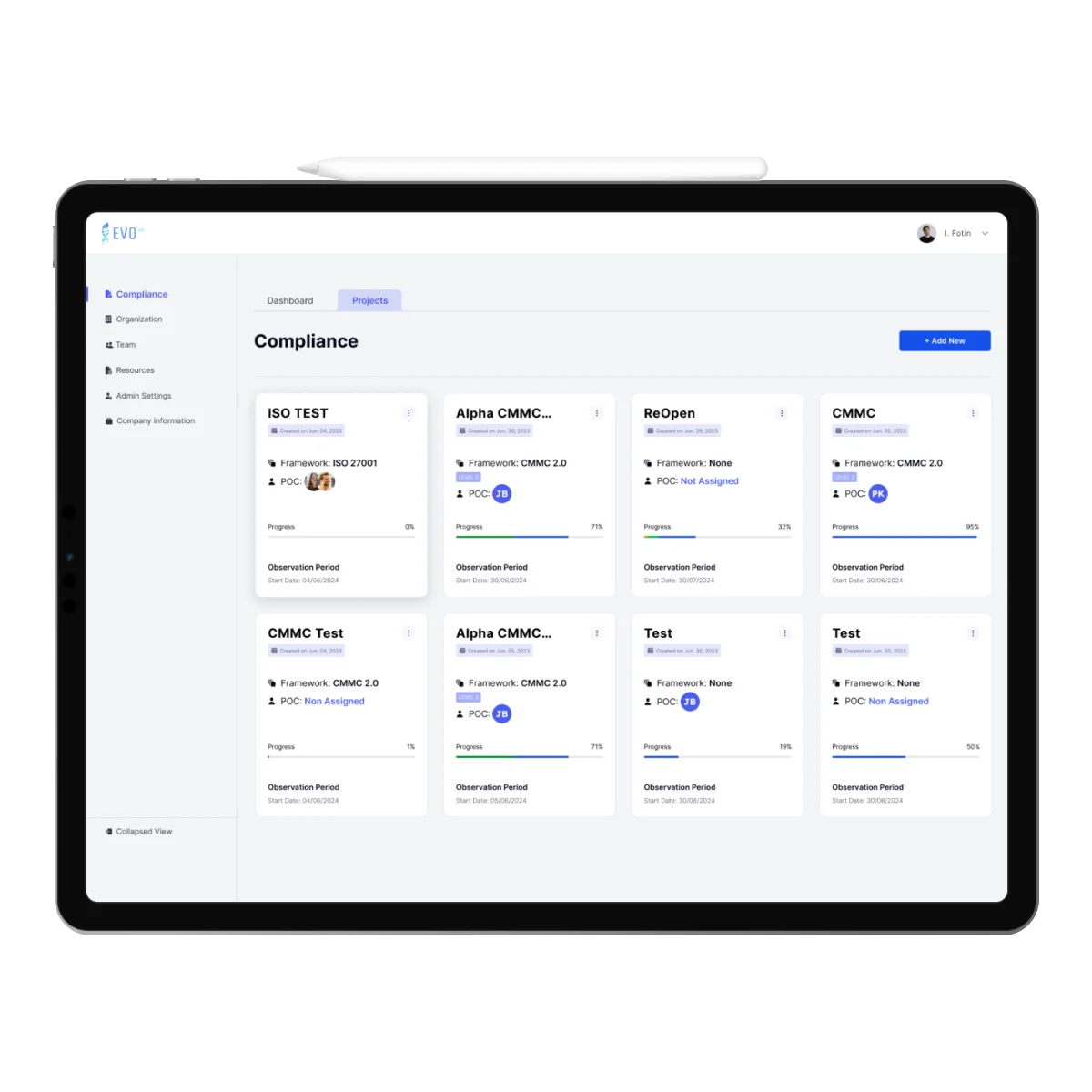Services
Whether you need a web application developed or software testing, we've got you covered. Uncover the multitude of services Peppernode can help you with.
SaaS Development
Choose us to develop any level of complexity cloud applications available to your users over the internet.
Read moreMVP Development
Verify your unique ideas in the early stages and adapt to market needs with minimal losses.
Read moreTeam Extension
Enhance your team with specific relevant skills and field knowledge provided by our experts.
Read moreSoftware Testing
Ensure the smooth performance of your app with all testing procedures available at your disposal.
Read moreSoftware Test Automation
Seamlessly control the quality at each stage of software development and shorten the time-to-market.
Read moreProduct Development
Utilize our product design and development services, including market analysis, strategic evaluation, and software development.
Read moreBy Numbers
2021
Year of foundation
24+
Projects delivered
15+
Countries covered
5M+
Software end-users
Industries
Foodtech
Automation of restaurant and bar business operations, custom solutions to make your clients happy and increase loyalty.Hospitality
Improved hotel operations, simplified traveling experiences, and transparent and intuitive property management.Events management
Event management software, easy event planning process, and development of multilingual event website with various functionalities.E-procurement
Centralized buying, providing insights into spending trends, and facilitating efficient contract and notice management.Security & Compliance
Tailored security and compliance solutions, safeguarding the organization's digitized data and addressing heightened security challenges.Construction
Construction-related solutions for project management, cost reduction, communication enhancement, and greater operational efficiency.Technologies
React.js
React Native
Python
Django
FastAPI
PostgreSQL
Why us
Flexibility
Experience the project approach adapted and aligned with your processes, methodologies, and cooperation models needs.Cost-effectiveness
Maximize profit and minimize expenses while getting top-notch software development services.High quality
Trust your software investment to a team of like-minded enthusiasts dedicated to delivering high quality and responsibility.Security
Rest assured, your software has been fortified with all modern security and compliance standards.Scalability
Ensure that your software effortlessly scales alongside your business growth. Scalable solutions boost business agility and competitiveness.Fast development
Experience rapid development cycles that keep pace with your evolving needs, ensuring timely delivery.Get in Touch
- Book a meeting
- Write us
FAQs
How much time does the development usually take?
Estimating the time required to build an app can be challenging and often remains uncertain until the project reaches completion. Variables such as team expertise, development methodology, project complexity, and requirements all influence the timeline. Despite potential risks and unforeseen challenges, the development process typically spans 4-9 months or longer based on project specifications. However, effective project management tools and strategies enable you to navigate these uncertainties successfully. Prioritizing problem-solving over replicating existing solutions fosters project success, empowering your dedicated team to deliver desired results efficiently.
How much does it cost to build a web application?
The cost of web app development varies greatly depending on the project's specifics. Essential web apps with simple functionality may require an investment starting from $20,000, while complex applications can cost hundreds of thousands. Calculating the cost of custom web app development involves considering factors such as the chosen web app type, technology stack, team size, cooperation model, and specific app requirements. Collectively, these elements contribute to determining the overall cost of the development process.
How long does it take to build and launch a web application?
Several factors play a critical role in developing a web app, including the app's size and complexity, the experience of the development team, and the tools and technologies employed. Research indicates that the average duration for developing a web app spans approximately 18 weeks, encompassing the phases of building, testing, and launching the application.
How to know which integrations to invest in?
When purchasing software, it's natural to inquire about its compatibility with existing systems, but before doing so, it's essential to determine which integrations are worth investing in. Start by asking: Who is advocating for this integration? Is it the vendor or internal stakeholders? Does it align with genuine business needs? What are the expected business benefits, and are they critical or friendly? These questions will guide you in deciding which integrations to prioritize.
How to ensure compliance with industry standards and regulations for my product?
Ensuring compliance with industry standards and regulations in software development is crucial for maintaining software products' quality, security, and legal requirements. Key steps include identifying applicable standards and regulations such as security standards (e.g., ISO 27001), privacy regulations (e.g., GDPR), and industry-specific regulations (e.g., HIPAA for healthcare), understanding their requirements, and developing compliance policies and procedures that align with these standards and regulations. This involves clearly defining roles and responsibilities, processes, and guidelines for compliance implementation throughout the software development lifecycle.
